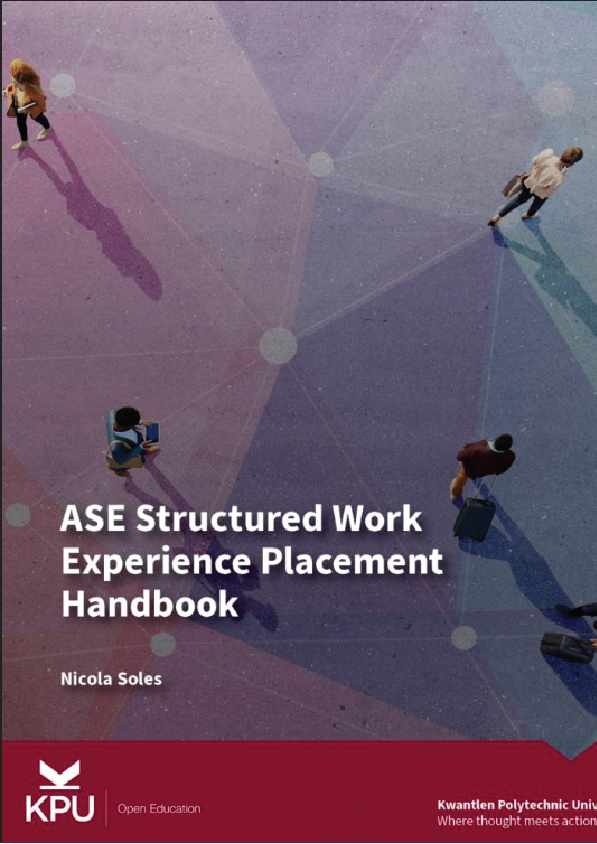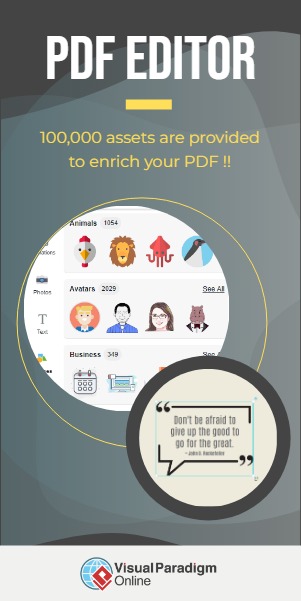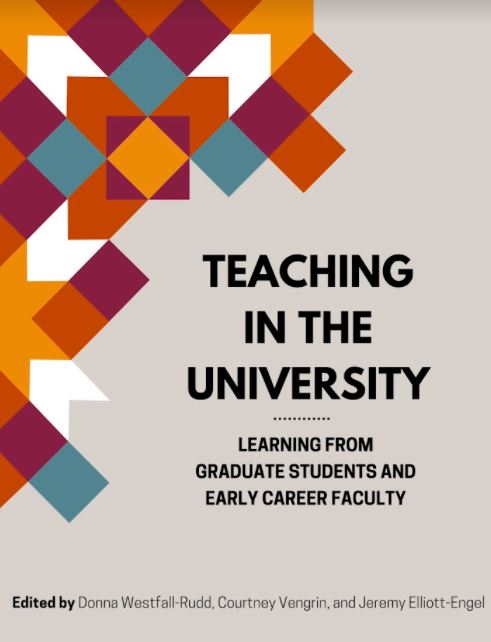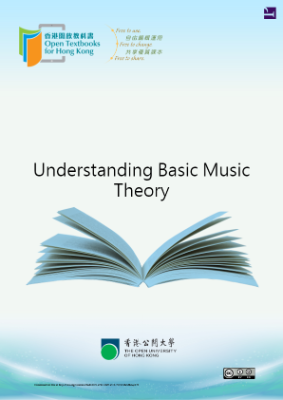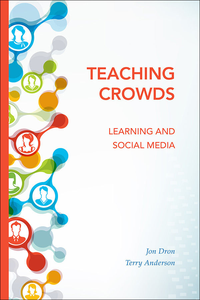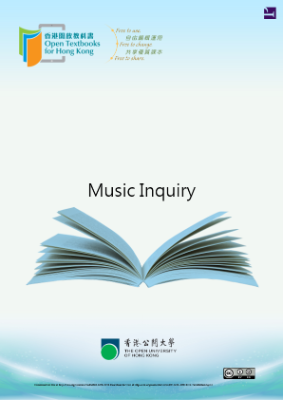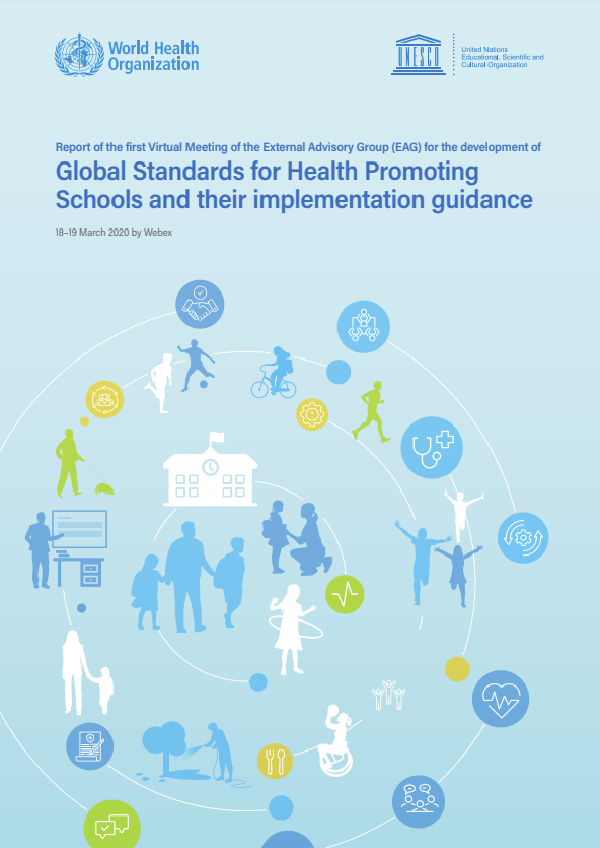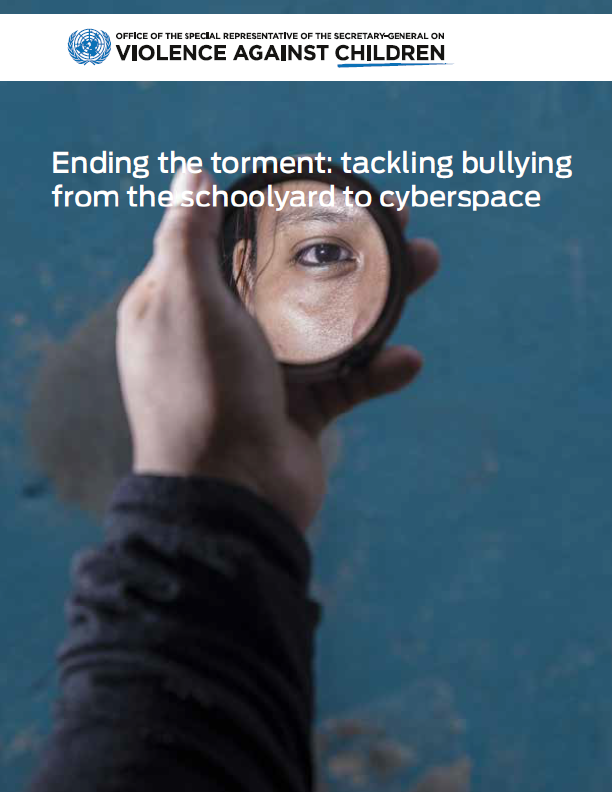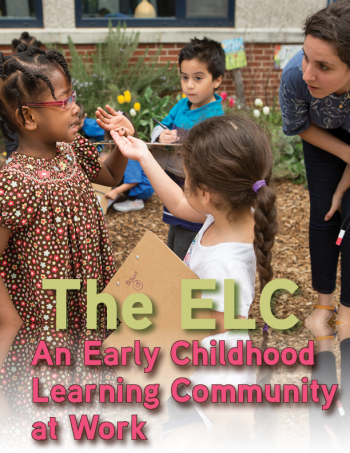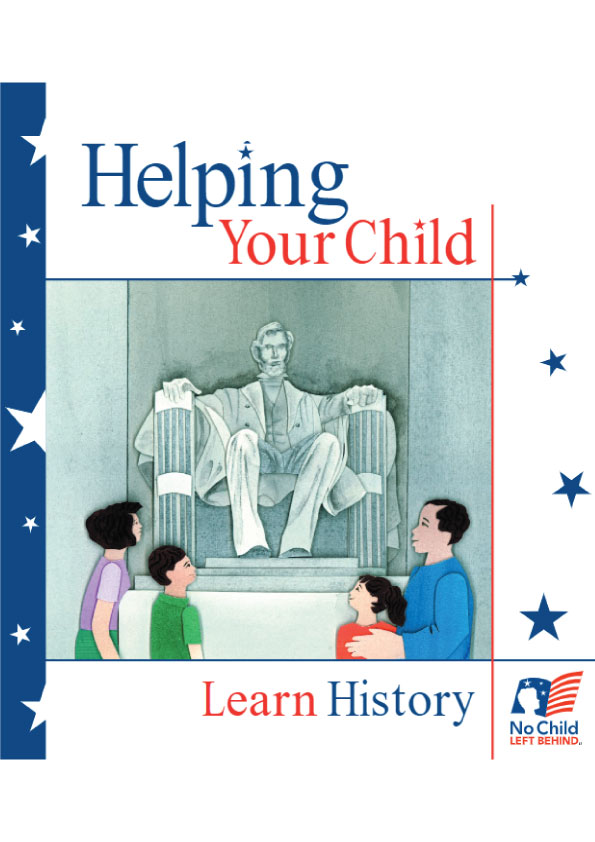Access to post-secondary education opportunities for adults with intellectual and developmental disabilities is relatively recent both in BC and elsewhere in the world. The roots of Adult Special Education in B.C. can be traced to the 1980’s when the disability rights agenda focused on community integration. Government worked closely with disability organizations during the deinstitutionalization movement and focused on community living with the development of group homes, sheltered workshops, and Special Education Programs.
The UN International Year for Disabled Persons (IYDP), celebrated in 1981, represented a high mark in the pursuit of disability rights in Canada. The IYDP and the subsequent UN Decade of Disabled Persons (1983–92) fostered an unprecedented level of public and political interest in Canada regarding the rights and opportunities afforded to people with disabilities. This increased general awareness of disability issues fueled campaigns to include disability in the Charter of Rights and Freedoms.
ASE programs gained a foothold in B.C. colleges in the early 80’s when the B.C. government issued a policy statement regarding the education of adults with disabilities and appointed an ASE Coordinator. ASE grants were made available to post-secondary institutions to provide services and resources for adults with disabilities. In 1983, a policy statement was issued which laid the foundation for system change. The Ministerial Policy Statement on the Provision of Adult Special Education in the Public Education System of British Columbia, called for increased emphasis on fair and equitable access to post-secondary programming for adults with disabilities. Specifically, the statement recognized “adult special education as an integral part of the total education enterprise.”
Consequently, Adult Special Education programs have been offered at some B.C. post-secondary institutions since the early 1980’s. The vast majority of original ASE programming was categorized as “career education,” however, there were also some offerings of “academic upgrading” and “life skills” options.
The foundation for the emphasis on vocational programming may have resulted from a combination of influences from community, government, secondary and post-secondary sources. The prevalent viewpoint in secondary education at that time emphasized non-academic options for “special education” students. In fact, “For many years, the only mode of special education intervention for students, at grade 8 level and above, was the Occupational Program.”
Csapo states this emphasis “was established as a direct response to the Chant Report (The Report of the Royal Commission in Education: 1960)” which recommended the “establishment of a Junior Vocational course – a three-year terminal program for the slow stream of secondary pupils.
A 1983 Ministry of Education discussion paper entitled “Career Education for Mentally Handicapped Adults” included a model for “comprehensive career education” which provided “some indications of future directions in the education of mentally handicapped adults.”
Adult Special Education, along with Adult Basic Education (ABE) and English as Second Language (ESL), is currently classified as “Adult Education” by the Ministry of Advanced Education, Skills and Training, and as a “developmental” offering by BC Council on Admissions and Transfer (BCCAT) in post-secondary education. According to the Ministry of Advanced Education, Skills and Training website, the aim of Adult Education offerings is to “explore options for mature students who want to graduate high school or take courses to meet post-secondary program requirements” (British Columbia, Government, n.d.). The Ministry website further states, “Adult Special Education (ASE) programs offered at B.C. public post-secondary institutions are available to students with permanent disabilities or a combination of learning difficulties that hinder scholastic success” (British Columbia Ministry of Advanced Education, n.d.). While there is no specific definition or criteria of “permanent disabilities” or “combination of learning difficulties” by the Ministry, a document created by Douglas College, and included in the BCCAT publication, Adult Special Education (ASE) Program-Specific Transfer Guide Project, provides an overview of the “categories of disability” typically represented in ASE classes.
